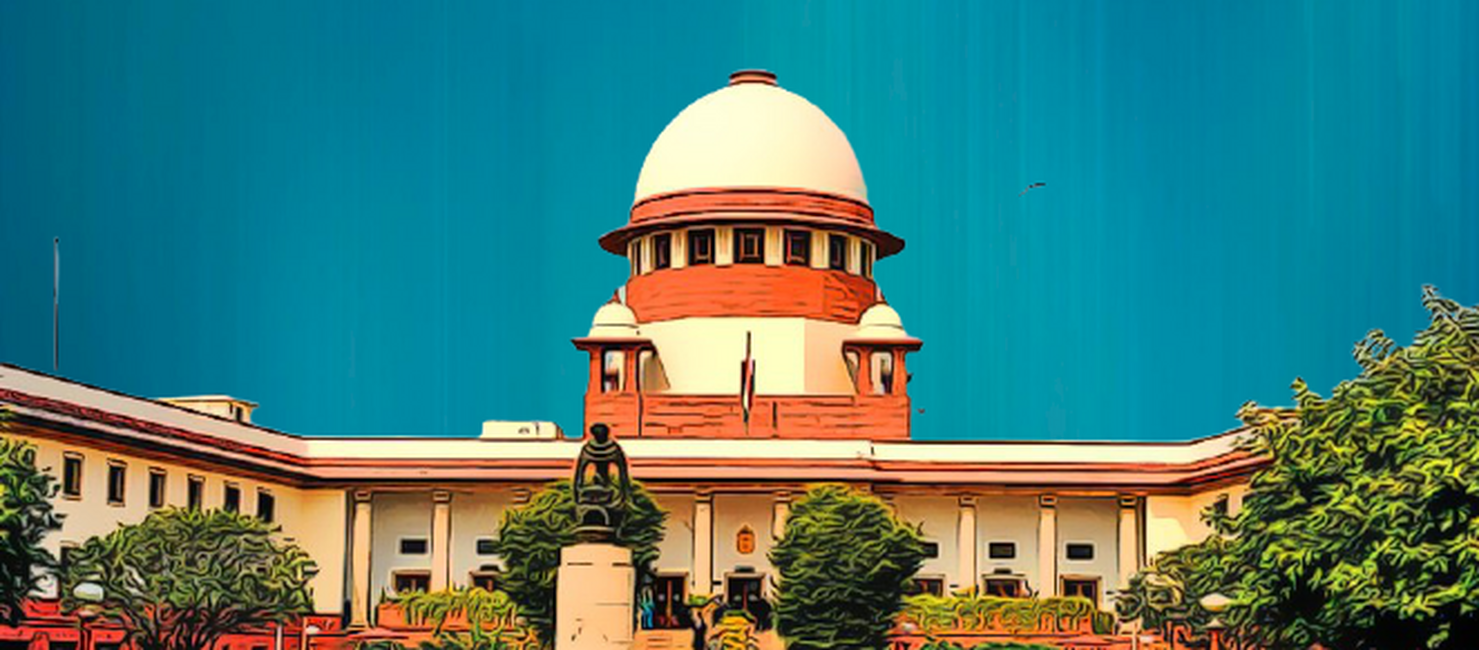In CIVIL APPEAL NO. 3762 OF 2022- Writ jurisdiction under Article 226 of Constitution is always discretionary and such remedy is equitable, rules Apex Court Justices Ajay Rastogi & Abhay S. Oka [09-05-2022]

Read Judgment: NOIDA INDUSTRIAL DEVELOPMENT AUTHORITY v. RAVINDRA KUMAR & ORS
Tulip Kanth
New Delhi, May 10, 2022: Finding no fault with Allahabad High Court’s approach in granting relief to land owners by directing payment of compensation under Land Acquisition Act of 2013 which was higher than compensation payable under the 1894 Act, the Supreme Court has held that it is not necessary for the High Court to correct each and every illegality. If the correction of illegality is likely to have unjust results, the High Court would normally refuse to exercise its jurisdiction under Article 226 of the Constitution.
The Division Bench of Justice Ajay Rastogi and Justice Abhay S. Oka was considering a group of appeals arising out of a common judgment of the Allahabad High Court. Some of the appeals were filed by Noida Industrial Development Authority (the acquiring body). The other appeals were filed by the original writ petitioners before the High Court who were claiming to be the owners of the acquired lands.Herein, the State Government issued a notification under Section 4 of the Land Acquisition Act, 1894 to acquire some lands in District Gautam Budh Nagar for the purpose of the development through New Okhla Industrial Development Authority (NOIDA).
Various writ petitions were filed before the High Court by the owners/persons interested for challenging the acquisition proceedings and in particular, the application of urgency clause.In the impugned ordert he High Court held that those land owners/persons interested who have not accepted the compensation as per Karar Niyamawali should be paid compensation payable in accordance with the provisions of the Right to Fair Compensation and Transparency in Land Acquisition, Rehabilitation and Resettlement Act, 2013 (2013 Act). However, the High Court held that those who have accepted the compensation by an agreement under the Karar Niyamawali were not entitled to any relief.Thus, this appeal was filed.
Accepting the approach of the High Court in granting such relief, the Bench held that for balancing the private interests of the land owners with the public interest the High Court declined to quash the acquisition proceedings. The High Court passed an order directing that the compensation payable shall be in terms of the provisions of the 2013 Act on the date of its judgment. The Bench affirmed, “Writ jurisdiction under Article 226 of the Constitution of India is always discretionary. It is an equitable remedy.”
On the question if relief of the grant of market value in terms of the 2013 Act could have been denied to the land owners who had accepted the compensation by agreement in terms of the Karar Niyamawali, the Bench asserted that without any grievance, the land owners voluntarily accepted the compensation by an agreement in terms of the Karar Niyamawali. After having acquiesced to the action of the Government by accepting the compensation under an agreement, the land owners were not justified in making a grievance at a belated stage. Therefore, the Bench did not find any error with the view taken by the High Court. Hence finding no error in the impugned judgment, the Apex Court dismissed the appeal.
Sign up for our weekly newsletter to stay up to date on our product, events featured blog, special offer and all of the exciting things that take place here at Legitquest.




Add a Comment